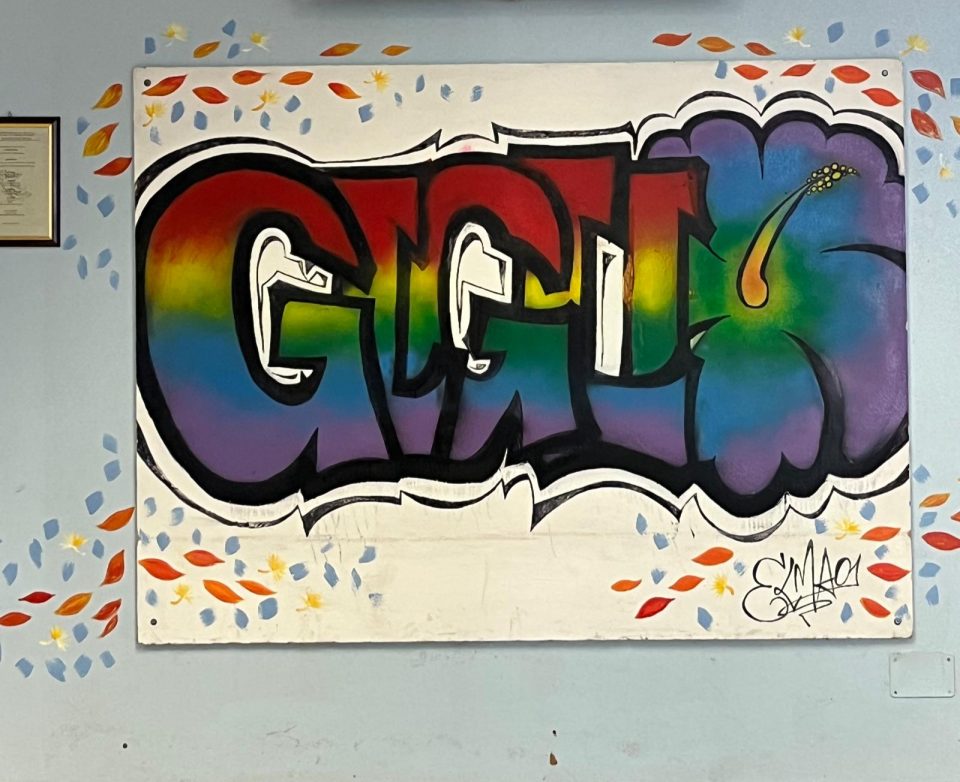Gender inequality is the phenomenon that occurs when one of the two genders is in a disadvantageous position compared to the other and also receives different treatment. It concerns both genders, but in our society it seems to be a major problem for women. The achievement of equality is indeed one of the main goals of our society, so much that it’s also mentioned in the Universal Declaration of Human Rights of the United Nations. Thus far we have made big steps forward, because women carry out jobs that for years were considered typically masculine and all of them can access education, therefore they are no longer forced to stay at home, dedicating themself to the family. Despite these, inequality still exists, especially in the work field, where women often earn less, or within school, where we notice how gender characterizes certain courses of studies. It’s in fact more frequent to find a greater presence of women in humanities than in the scientific ones or even less in the professional ones. This is very clear in our school and for this reason we decided to interview the students and the principal on the phenomenon of gender inequality, to understand if according to Gigli it is still a serious problem. Today the social phenomenon of gender inequality still exists. Although these discriminations have decreased, especially during the last century, this issue is still serious. This aspect has come to light from the interview addressed to the principal and to some boys and girls from different academic courses of our school. The following questions have been asked to our interviewed:
- “Do you think that gender inequality is a problem which still exists in our society?”
- “Have you ever seen gender discrimination? Was it about a girl or a boy? How did you react?”
- “Have you ever been discriminated against?”
- “Do you think that your gender could disadvantage you in the future?”
- “Do you think that gender inequality is an overrated phenomenon?”
The answers that we have collected have shown a clear gap between men and women. The majority of our interviewed claim that gender inequality is a problem which is still occurring and that the main victims are girls. And it’s precisely these lasts who have confirmed that they have been discriminated against and they fear that their gender could penalize them in the future. The majority of respondents argue that this issue isn’t overrated at all, but a problem to be solved. Furthermore, the fact that only a few interviewees say that gender inequality does not exist, and that these people are men, suggests that this problem still persists and mainly involves women. On the other hand, some of the guys interviewed mistakenly thought that gender differences were not a problem today and did not perceive the theme, unlike others, as something burdensome for our school and our society. It has been noticed that about 16% of guys, especially from the higher classes of IPSIA, said that gender differences do not exist in any way in our daily lives. Much higher was the percentage of students who, despite admitting the presence of this problem, did not consider it a danger at all.
At this point we asked ourselves, us 5C girls, what could have been the social response that the Gigli’s students wanted to attribute on several burning issues. First of all, an aspect that directly concerns our school, provided with both humanities and scientific or professional courses of study: “What do you think could be the reason for the presence of more women in humanities and more men in scientific or professional courses? Have you ever thought about it?” This phenomenon is defined as educational segregation, which sees women as protagonists in areas of study from poor job and minority prospects on the “hard stem” front. Several observations have emerged and it has been possible to see how at the base, independently from the courses, there has been a fundamental consideration: according to the students of Gigli you choose your school orientation according to the dominant characteristics of your gender, women are more inclined to turn to humanities because they are more sensitive or intelligent, while men to scientific or professional subjects because they are more inclined to mathematics or more suited to heavy work. Only a few of them have shown to be aware of this problem as a cultural issue and a centuries-old tradition difficult to change, if not gradually. In fact, as we read in a report by Save the Children, “Apparently it may seem a choice free from conditioning, in reality it is the effect of deeper dynamics. There is no proper appreciation of women’s contribution to science, with the consequent absence of models and representation. On the contrary, the collective narrative, even of the media, is still too linked to the idea of the authoritative and successful man scientist. In this neither the school has yet fully succeeded in deconstructing the dominant model to equally direct and stimulate students towards scientific subjects.”
From such surveys it might then seem that for Gigli and its students gender equality is still a distant goal: nothing can be more wrong!
A revolutionary spirit, which can move these ancient cultural foundations must be born precisely from our generation. We are so convinced that this is necessary so that any individual, regardless of gender, can have the same possibilities and offers, but above all the same respect. With regard to the latter, we wanted to investigate, asking the students interviewed, what they would recommend to the victims of discrimination, because it emerged from themselves that, even today, there is a strong presence of discrimination. One very frequent advice was to take action against the discriminator so that these indecent acts can stop; a good portion of Gigli therefore believe that only by acting on the particular cases it is possible to solve this great criticality, which is often of hindrance to one of the genera. Another personal advice that the Gigli expressed was not to give these discrimination more weight than deserved, thus showing itself stronger than those who discriminate. The last advice proposed, also in a more serious circumstance, was to consult a psychologist, in case the victims were particularly sensitive or already affected by other humiliations. As Gigli believes it is necessary to act in order to stop these discriminations, the head of our school has also taken the same side, stressing in particular that this problem is still strong in our society, where women, seen under the stereotype of weak gender, play larger roles that are often not legitimately recognised. Similarly in our institute it is possible to note that gender inequality is still present, in particular in the various fields of study: in the professions in fact the attendance is totally male, except for two girls, while in high schools you can see the participation of both genders. With regard to this clear distinction, the executive intervened saying that Gigli is trying to stimulate enrollment for girls by STEM faculty, as accessible to all and not binding: female professor engineers can be an example in our professional fields. At the same time, however, it states that this stimulus must come first from the family and middle school, as it is precisely the latter that directs students towards one profession rather than another. In the light of all our interviews we can therefore say that gender inequality is a phenomenon considered as still present, dangerous and strongly rooted in our society, but through the union, the support and the will to change will be more and more possible to attenuate, until the dissolution.
Group work by Bosio Giorgia, Gallo Annalisa, Gambardella Kesia, Martinelli Paola.
All photos were taken by the group.
Sitografia:



